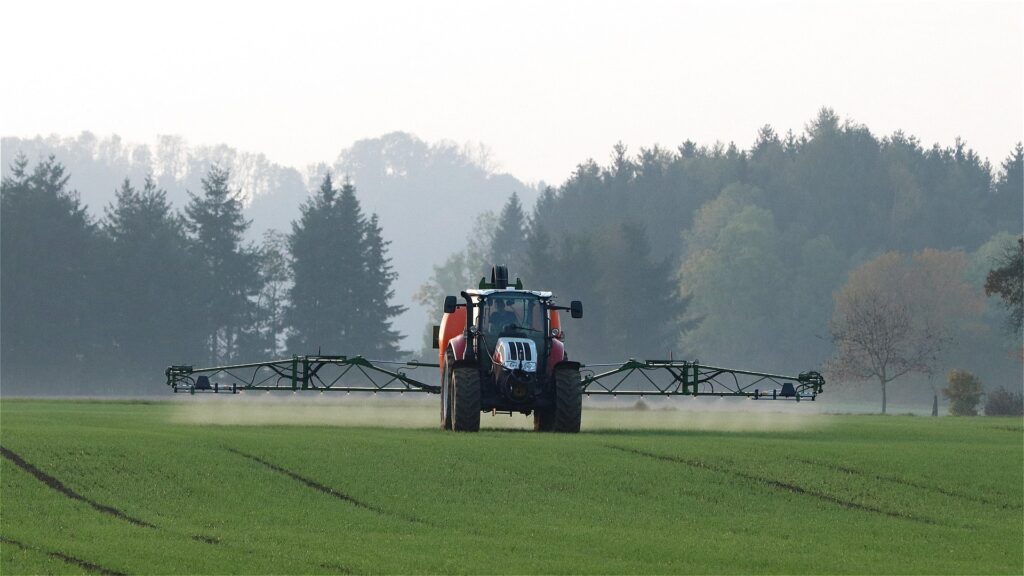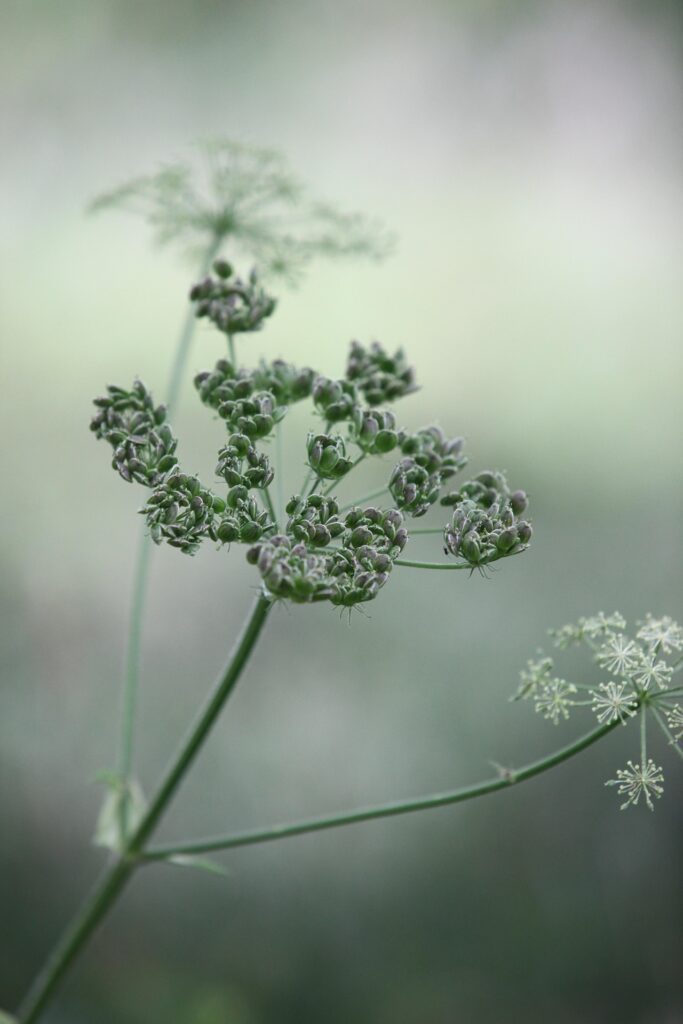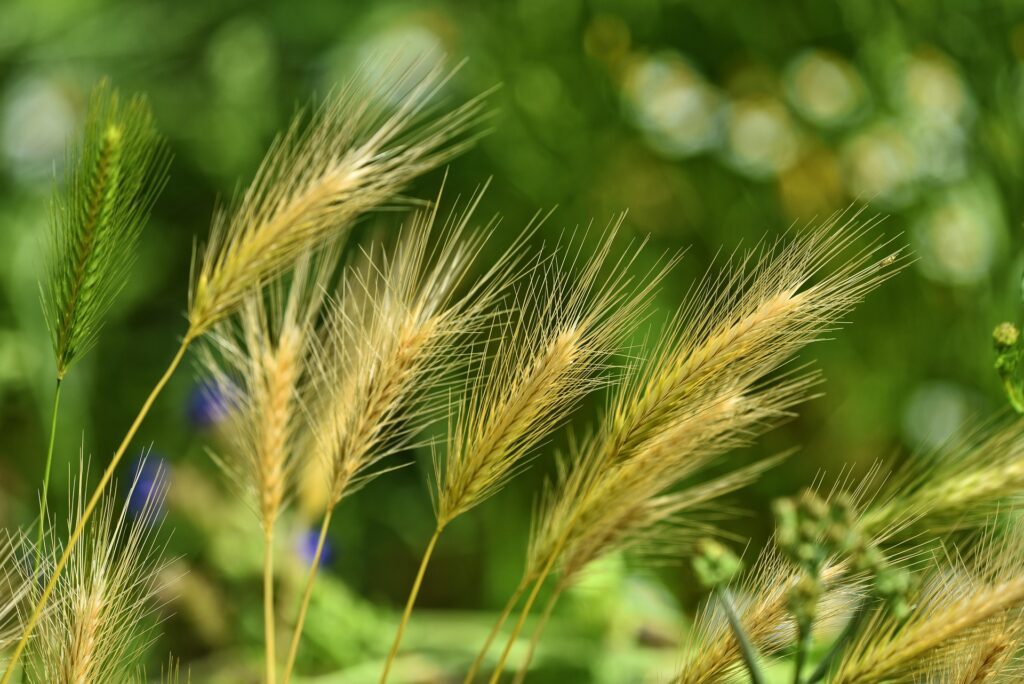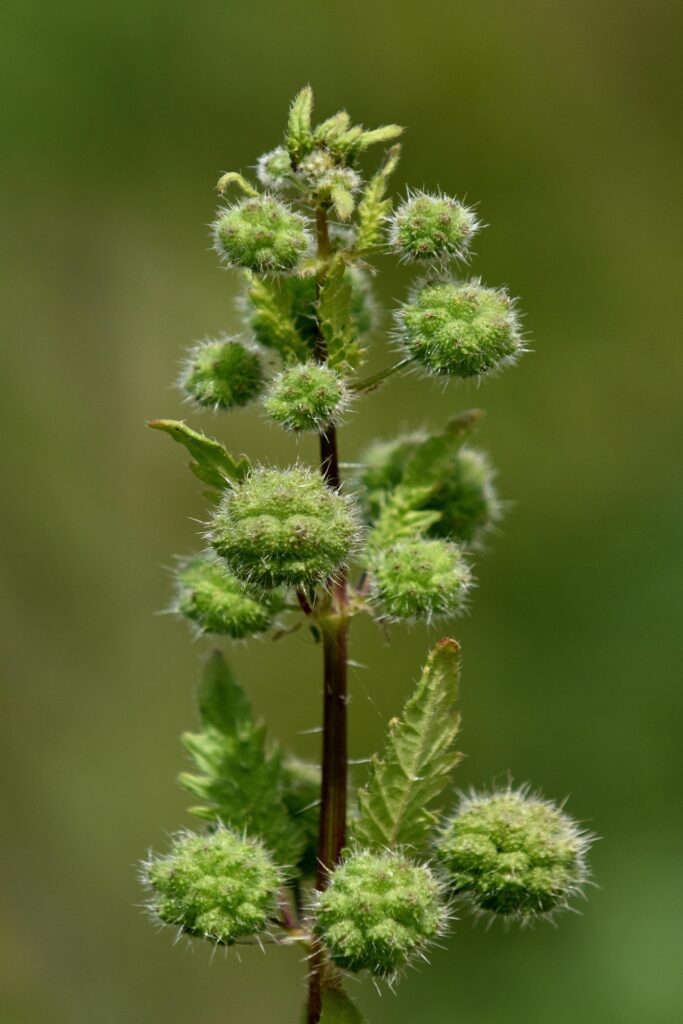Table of Contents
Introduction
Weeds are often considered one of the most significant challenges in agriculture, competing with crops for essential resources such as nutrients, water, and sunlight. Effective weed management is crucial for maintaining crop health and maximizing yields.
While traditional methods of weed control often rely on synthetic herbicides, which can have harmful effects on the environment, human health, and biodiversity, organic weed control offers sustainable alternatives that align with the principles of organic farming. This blog explores the strategies and benefits of organic weed control, emphasizing its importance for personal and professional success in sustainable agriculture.Organic Weed Control

Section 1: Understanding Organic Weed Control
Overview of Organic Farming Principles
Organic farming is based on principles that prioritize ecological balance, sustainability, and biodiversity. These principles extend to weed management, where the goal is not merely to eliminate weeds but to manage them in a way that minimizes harm to the environment and human health. Key principles include:Organic Weed Control
- Health: Enhancing soil health and crop vitality.
- Ecology: Working with natural ecosystems rather than against them.
- Fairness: Ensuring equitable relationships among farmers, consumers, and the environment.
- Care: Taking responsibility for future generations by practicing sustainable agriculture.Organic Weed Control
Comparison with Conventional Methods
Conventional weed control typically involves the use of synthetic herbicides designed to kill weeds quickly. While effective in the short term, these chemicals can lead to several adverse effects:
- Environmental Impact: Synthetic herbicides can contaminate soil and water supplies, harming non-target species and disrupting ecosystems. For example, runoff from agricultural fields can carry herbicides into nearby rivers and streams, affecting aquatic life.
- Health Risks: Exposure to chemical herbicides has been linked to various health issues in humans, including respiratory problems, skin irritations, neurological disorders, and even long-term chronic diseases.
- Weed Resistance: Over time, weeds can develop resistance to synthetic chemicals. This leads to a cycle where farmers must use increasingly potent chemicals or higher doses to achieve the same level of control.
In contrast, organic weed control emphasizes prevention and sustainable practices that work in harmony with nature. By fostering an ecosystem that supports beneficial organisms and reduces weed populations naturally, organic methods promote long-term agricultural health.
Section 2: Key Strategies for Organic Weed Control
Cultural Practices
Cultural practices are proactive strategies that enhance crop growth while suppressing weed development. These methods focus on creating conditions unfavorable for weeds.
Crop Rotation
Definition and Benefits: Crop rotation involves alternating the types of crops grown in a specific area over time. This practice disrupts weed life cycles by preventing weeds from establishing themselves in a single crop type. For example, rotating legumes with cereals can help fix nitrogen in the soil while reducing weed populations associated with specific plants.Examples of Effective Crop Rotation Practices:
- Planting legumes (such as beans or peas) one year followed by root vegetables (like carrots or beets) can help break cycles of soil-borne diseases and reduce weed pressures.
- Alternating between heavy feeders (like corn) and light feeders (like squash) helps maintain soil fertility and reduces nutrient depletion while also limiting specific weed species.
Cover Cropping
Explanation of Cover Cropping: Cover cropping involves planting specific crops (cover crops) during off-seasons or between main crops to improve soil health and suppress weeds.Benefits of Cover Cropping:
- Cover crops like clover or rye can outcompete weeds for resources such as light and nutrients.
- They improve soil structure and fertility through root growth and organic matter addition when they decompose.
- Certain cover crops can produce allelopathic compounds that inhibit the germination of weed seeds.
Soil Health Management
Maintaining healthy soil is crucial for successful weed management. Healthy soils support strong crop growth while suppressing weed populations.
- Organic Matter Addition: Regularly adding organic matter through compost or mulch improves soil structure, enhances moisture retention, and promotes beneficial microbial activity.
- Soil Testing: Regular soil testing helps identify nutrient deficiencies that can weaken crops and make them more susceptible to weeds.
Mechanical Control Methods
Mechanical control methods involve physical actions taken to manage weeds directly.
Tillage
Overview of Tillage Practices: Tillage involves turning over the soil to disrupt weed growth. While it can be effective at controlling surface weeds, it must be used judiciously to avoid damaging soil structure.Types of Tillage:
- Conventional Tillage: Involves deep plowing that can uproot both weeds and beneficial organisms.
- Reduced Tillage: Minimizes disturbance to the soil while still controlling weeds effectively.
Hand Weeding
Hand weeding is one of the most straightforward methods of controlling weeds organically. While labor-intensive, it allows for precise removal of unwanted plants without disturbing surrounding crops.
- Benefits: Hand weeding is effective in small gardens or high-value crops where precision is essential. It also minimizes soil disturbance compared to mechanical methods.


Flame Weeding
Flame weeding uses a handheld propane torch to kill weeds by exposing them to intense heat. This method is particularly effective for annual weeds before they set seed.
- Application: Flame weeding requires careful application to avoid damaging desirable plants or causing fire hazards.
- Benefits: It provides immediate results without chemicals and is effective in both garden beds and larger fields when done correctly.
Mulching Techniques
Mulching involves covering the soil surface around plants with materials that suppress weed growth while providing additional benefits like moisture retention.
Organic Mulches
Organic mulches include materials such as straw, wood chips, grass clippings, or shredded leaves. These materials break down over time, enriching the soil while suppressing weeds.
- Benefits:
- Organic mulches block sunlight from reaching weed seeds.
- They help retain moisture in the soil during dry periods.
- As they decompose, they improve soil fertility by adding organic matter.


Plastic Mulches
Plastic mulches are sheets of plastic laid over the soil surface to suppress weeds while warming the soil beneath them.
- Benefits:
- They provide excellent weed control by blocking sunlight.
- Plastic mulches can enhance early crop growth by warming the soil.
- Drawbacks:
- They do not improve soil fertility as they do not decompose.
- Disposal after use can create environmental concerns if not managed properly.
Section 3: Integrated Weed Management (IWM)
Definition of IWM
Integrated Weed Management (IWM) is a holistic approach that combines various strategies for managing weeds sustainably. It focuses on understanding weed ecology while minimizing risks to human health and the environment.
Components of IWM
- Monitoring Weed Populations: Regularly inspecting fields for signs of weed presence allows farmers to identify problems early before they escalate. This includes scouting fields for visual signs of damage or using traps for monitoring insect populations.
- Cultural Controls: Implementing practices such as crop rotation, intercropping (growing different crops together), maintaining healthy soil through composting, and selecting resistant plant varieties helps prevent weed infestations.
- Mechanical Controls: Using traps or physical barriers as preventive measures against pests is an integral part of IWM strategies.
- Biological Controls: Utilizing natural predators or parasites to manage pest populations effectively—such as introducing ladybugs for aphid control—reduces reliance on chemical treatments.
- Chemical Controls as Last Resort: If other methods fail or if pest populations exceed economic thresholds (levels at which they cause unacceptable damage), using organic-approved pesticides should be considered as a last resort rather than the first line of defense.
Section 4: Benefits of Organic Weed Control
Environmental Protection
Organic weed control methods reduce pollution by avoiding synthetic chemicals that can contaminate soil and water sources. By promoting biodiversity through natural predator relationships and healthy ecosystems, organic farming contributes positively to environmental sustainability.
Health Benefits
By minimizing exposure to harmful pesticides, organic farming promotes healthier food options for consumers. This is particularly important given rising concerns about pesticide residues in food products linked to various health issues such as endocrine disruption or developmental problems in children.
Economic Advantages
Organic farming can lead to cost savings in the long run by reducing dependency on expensive chemical inputs. Additionally:
- Organic produce often commands higher market prices due to growing consumer demand for sustainably sourced food products.
- Farmers who successfully implement organic pest control strategies may experience lower input costs over time due to reduced reliance on purchased pesticides.


Section 5: Personal and Professional Growth Through Organic Weed Control
Skill Development
Learning about organic weed control enhances agricultural knowledge and skills critical for modern farmers. By mastering these techniques—such as understanding ecological interactions between crops and pests—individuals become more adept at managing their farms sustainably while improving crop yields without relying on harmful chemicals.
Career Opportunities
As interest in sustainable agriculture grows so do career opportunities in this field:
- Professionals trained in organic farming practices—including pest management—can find roles as consultants helping other farmers transition towards organic methods.
Community Engagement
Organic farming fosters community engagement through initiatives like community-supported agriculture (CSA) programs where consumers buy shares directly from local farms:
- These connections build networks among farmers & consumers while promoting awareness about sustainable food systems.
Section 6: Case Studies of Successful Organic Farmers
Profiles of Farmers Using Organic Weed Control
- Subhash Palekar
- Known for his Zero Budget Natural Farming approach in India; Palekar emphasizes natural methods over chemical inputs by promoting practices like crop rotation & intercropping which enhance soil fertility & reduce reliance on synthetic fertilizers/pesticides.
- Kavitha Kuruganti
- A prominent advocate for sustainable agriculture who promotes organic practices through community engagement initiatives aimed at empowering local farmers through education about ecological farming techniques & market access strategies.
- Bharat Mansatta
- An environmentalist who has successfully implemented biodiversity-focused farming techniques that enhance both soil health & pest management on his farm; he emphasizes creating habitats conducive to beneficial insect populations while reducing reliance on external inputs.
These farmers exemplify how adopting organic pest control strategies not only leads to successful farming but also contributes positively to their communities by advocating for sustainable practices that benefit both people & ecosystems alike!
Conclusion
Organic weed control is not just a method; it represents a holistic approach toward sustainable agriculture that emphasizes environmental stewardship while ensuring food security amidst growing global challenges posed by climate change & population growth pressures!By understanding the principles behind effective organic management—such as crop rotation techniques; companion planting strategies; utilizing natural predators;
creating homemade solutions; implementing physical barriers; integrating IPM approaches—farmers can achieve personal fulfillment while contributing positively toward global sustainability efforts!As we continue navigating challenges posed by climate change & increasing population demands; embracing these methodologies will be crucial for future agricultural success! Whether you are an aspiring farmer or simply interested in sustainable living; exploring these methods will empower you toward making informed choices benefiting both yourself & our planet!